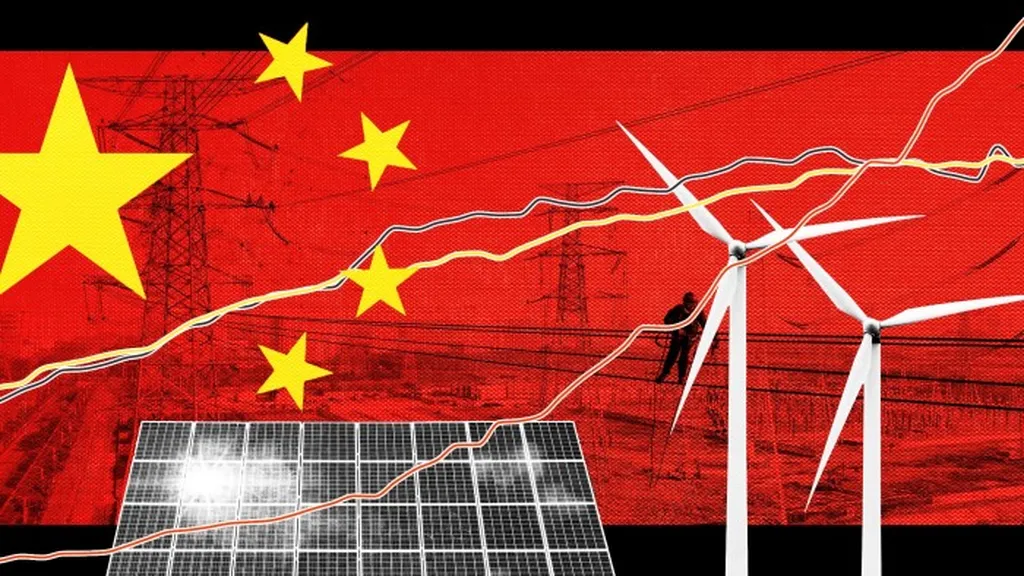In a groundbreaking development for the energy sector, researchers have proposed a novel multi-grade pricing strategy for distributed energy storage systems, promising to revolutionize how customized power services are delivered and priced. This innovative approach, detailed in a recent study published in the *Journal of Shanghai Jiao Tong University*, addresses critical gaps in the profit models and transaction pricing of distributed energy storage, particularly for services like reactive power compensation, voltage sag control, and harmonic control.
The research, led by FANG Jun of the Shaoxing Power Supply Company, State Grid Zhejiang Electric Power Co., Ltd., in collaboration with academics from Hunan University, introduces a differentiated pricing model that considers the varied demands of users for power quality. “Our goal was to create a system that not only enhances the revenue for energy storage providers but also reduces the annual costs for users,” explained FANG Jun. “By incorporating the economic losses associated with power quality, we’ve developed a user utility function that ensures a fair and efficient pricing structure.”
The study establishes a multi-grade evaluation indicator system based on the four-quadrant operation characteristics of energy storage converters. This system evaluates the quality of customized power services, allowing for a more nuanced and accurate pricing strategy. The researchers also developed a cost-to-capacity model for energy storage systems, which provides customized power services under different quality standards. This model takes into account the economic losses incurred due to poor power quality, thereby ensuring that the pricing reflects the true value of the services provided.
One of the most significant contributions of this research is the construction of a customized power revenue model for distributed energy storage, which considers both power quality default risks and investment cost constraints. “We’ve transformed the nonlinear multi-grade pricing model into a mixed integer linear programming model using the big M method,” said HE De, a co-author from Hunan University. “This transformation allows for optimization and ensures that the additional tariffs and user purchase packages for premium power are both fair and economically viable.”
The proposed multi-grade trading framework for distributed energy storage services offers a differentiated approach to customized power services. This framework not only enhances the revenue for energy storage providers but also ensures that users receive the best possible value for their investment. The researchers’ comparative analysis demonstrates that their strategy can significantly reduce the annual costs of customized power services for users while simultaneously boosting the revenue for energy storage providers.
The implications of this research are far-reaching. By providing a more accurate and fair pricing model, the study paves the way for more widespread adoption of distributed energy storage systems. This, in turn, can lead to improved power quality and reliability, benefiting both users and providers. The research also highlights the importance of considering economic losses due to power quality in the pricing of customized power services, a factor that has often been overlooked in the past.
As the energy sector continues to evolve, the need for innovative solutions to complex problems becomes increasingly apparent. This research offers a compelling example of how advanced modeling and optimization techniques can be applied to real-world challenges, resulting in tangible benefits for all stakeholders. With the growing emphasis on renewable energy and energy storage, the findings of this study are particularly timely and relevant.
The study, published in the *Journal of Shanghai Jiao Tong University*, represents a significant step forward in the field of distributed energy storage. By addressing critical gaps in the profit models and transaction pricing of these systems, the researchers have provided a valuable tool for energy providers and users alike. As the energy sector continues to evolve, the insights and innovations presented in this research will undoubtedly play a crucial role in shaping the future of energy storage and customized power services.

